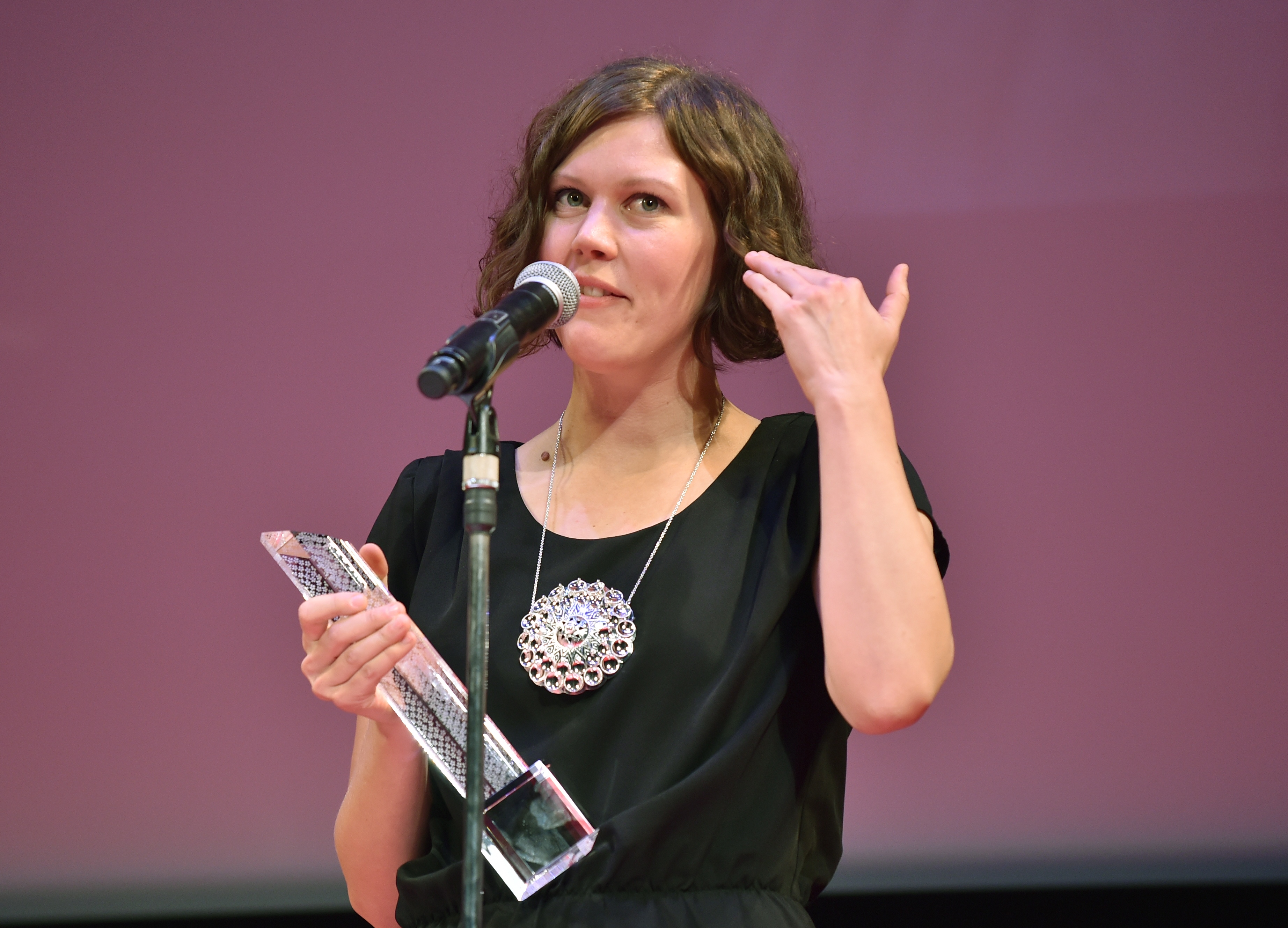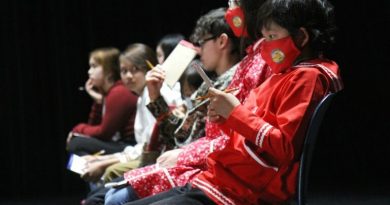Sami Blood: A coming-of-age tale set in Sweden’s dark past

After receiving accolades at major festivals around the world, Sami Blood has its Nordic premiere at the Gothenburg Film Festival today.
Director Amanda Kernell says making a film about Sweden’s treatment of the indigenous Sami population has been challenging.
Sami Blood is set in 1930s Sweden and tells the story of 14-year-old Elle-Marja and her experiences of racism and harassment at a boarding school for Sami children.
At the school, Elle-Marja is exposed to the state-supported discrimination of the time, including medical examinations involving skull measuring and being photographed naked. She eventually decides to escape, not just the school but also her Sami life, and she sets out to “become Swedish”.
Director Amanda Kernell grew up with a Sami father and a Swedish mother and tells Radio Sweden that she has seen a rift in her own family. Some family members have chosen to reject their Sami past and to become part of the majority society, while others are still very much in touch with Sami culture and practices, like reindeer herding.
An unknown history
The theme of her film is well-known among indigenous peoples around the world, says Kernell, but in the Swedish majority society many of the historical facts that her film depicts are still relatively unknown. She says:
Because the events that her film describes are unfamiliar to most people, making Sami Blood felt a bit like making a science fiction film, says Kernell: “It was like I was making a film on Mars, and whereas I know everything there, I cannot count on anyone watching to know about it. So how do I handle this? What should I tell them and how much do I need to explain?”
Kernell did not want to make an educational film and so she skipped much of the explaining. Yet she has found that people seem to get the film anyway, on an emotional level.
“Everyone has been a young person trying fit in and maybe lying a little bit to do so and in order to make people like you a bit more. But then if they like you when you are lying about yourself, do they really like you? Is it all just fake and how much can you really change?” said Kernell.
Related stories from around the North:
Canada: Arctic missing from Paris climate agreement, Eye on the Arctic
Finland: Indigenous rights under fire says Finnish Saami leader, YLE News
Greenland: What the EU seal ban has meant for Inuit communities in the Arctic, Eye on the Arctic
Norway: Sami ditched from Arctic Frontiers opening speeches, The Independent Barents Observer
Sweden: Sami demand rights as indigenous people, Radio Sweden
Russia: Russia brands Arctic indigenous organization as “foreign agent,” Barents Observer
United States: Arctic conference spotlights indigenous issues, Alaska Dispatch News



